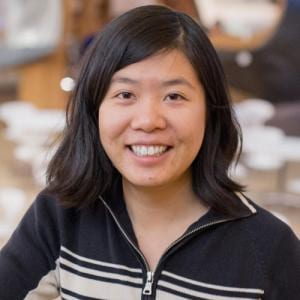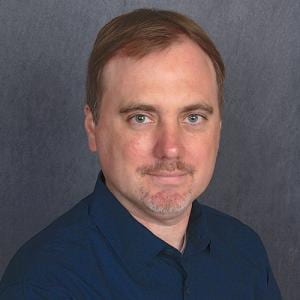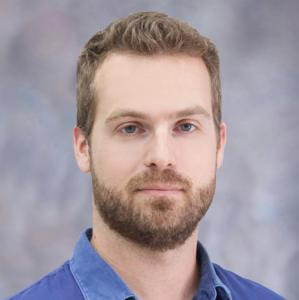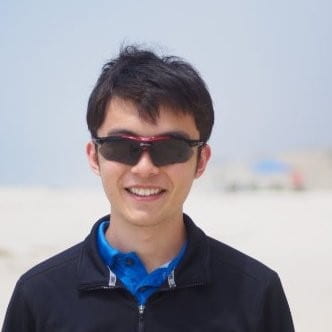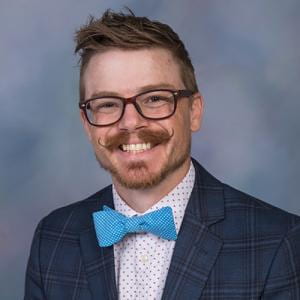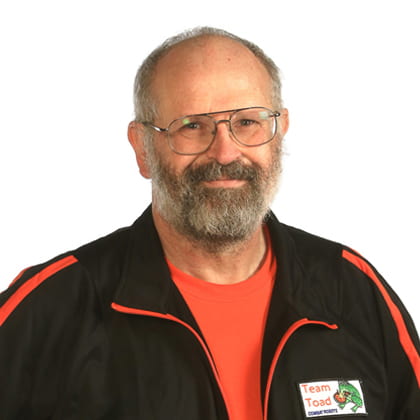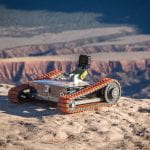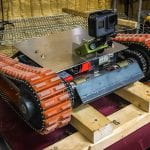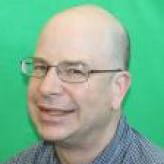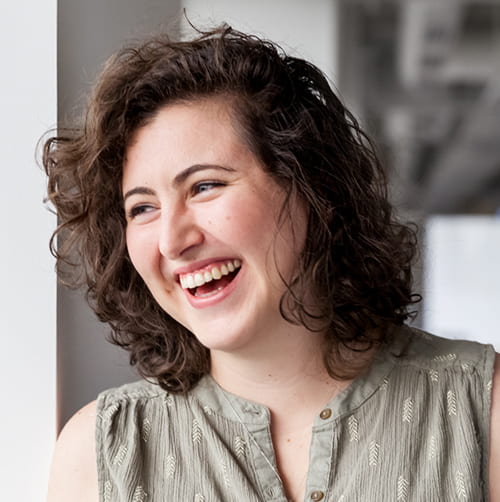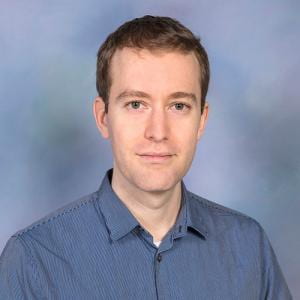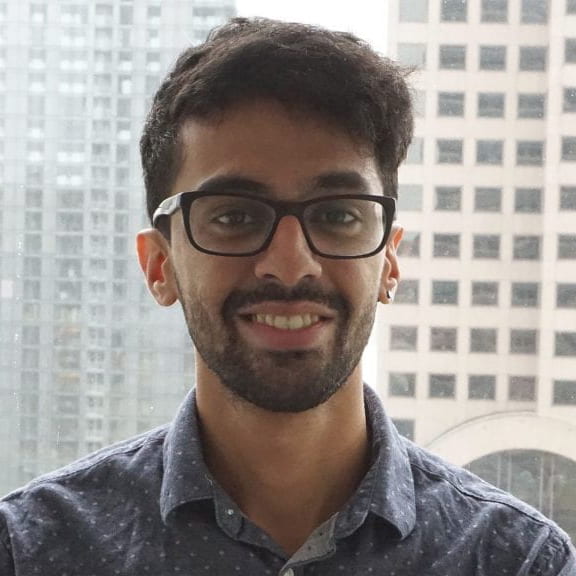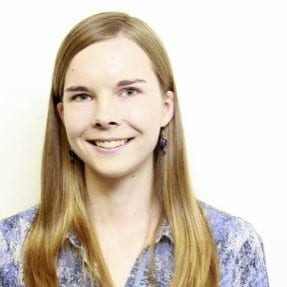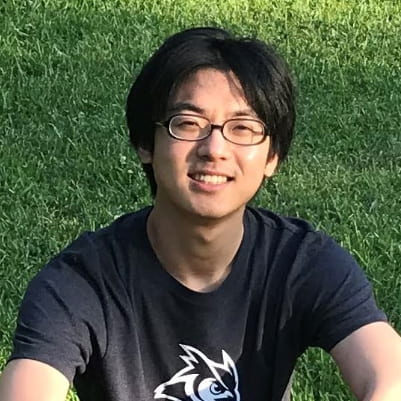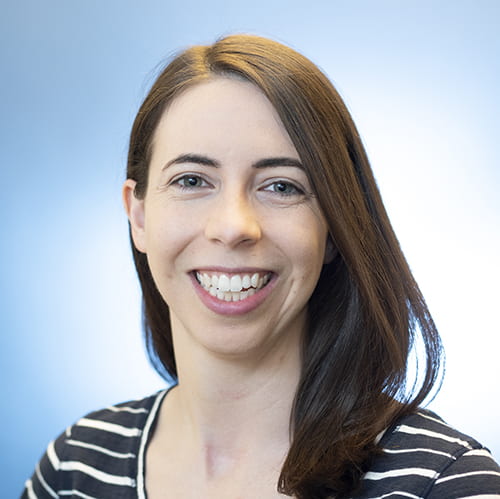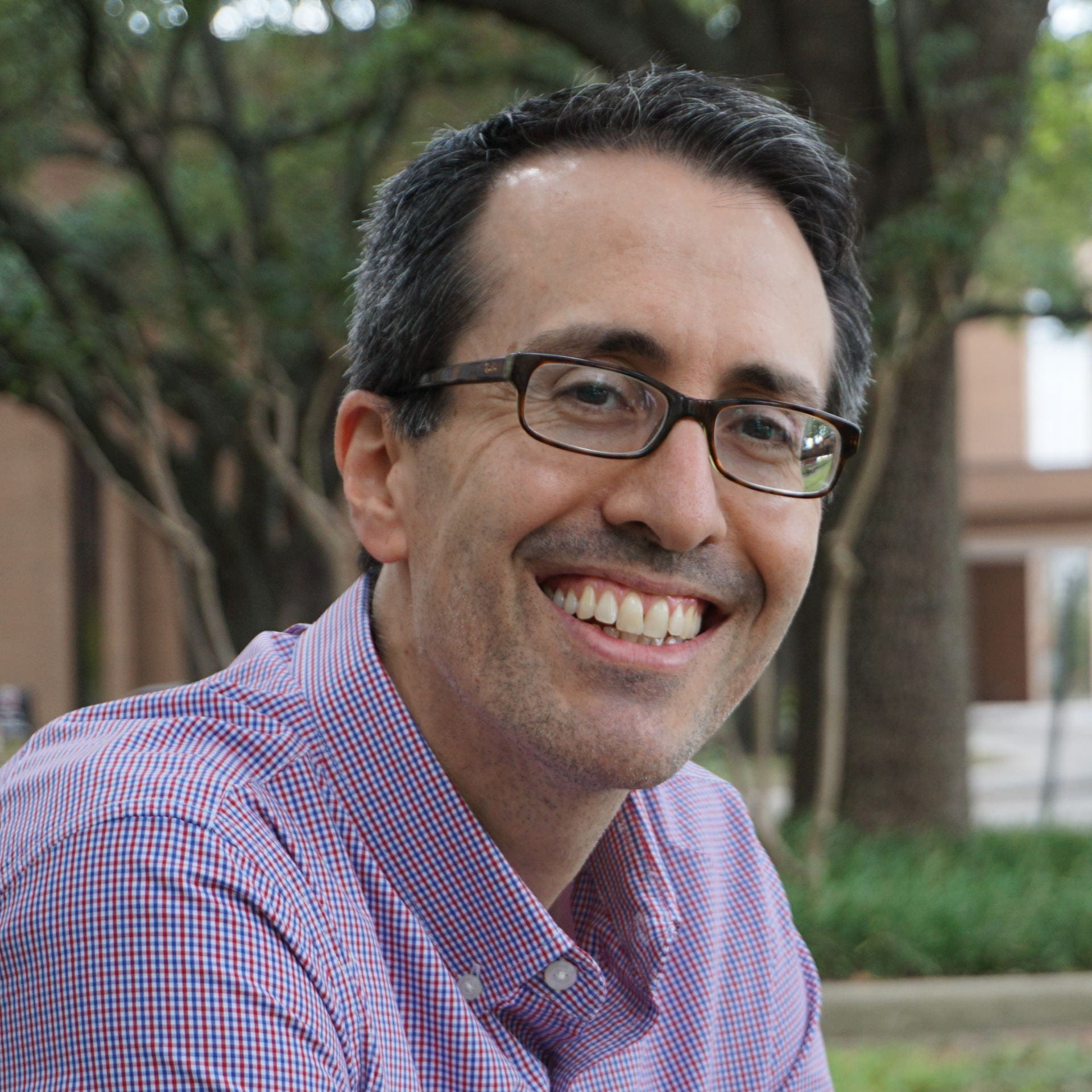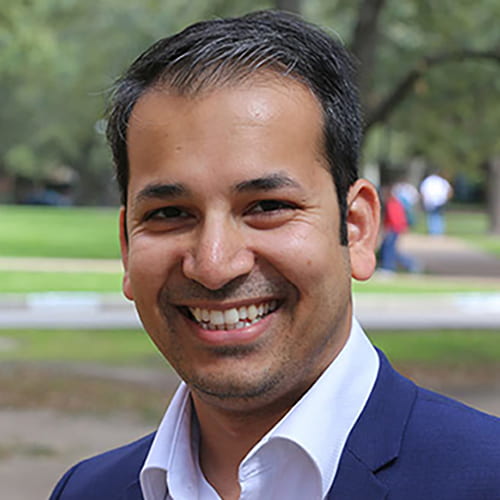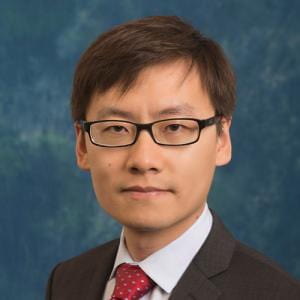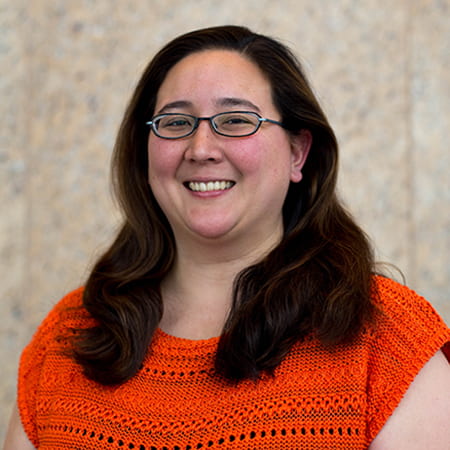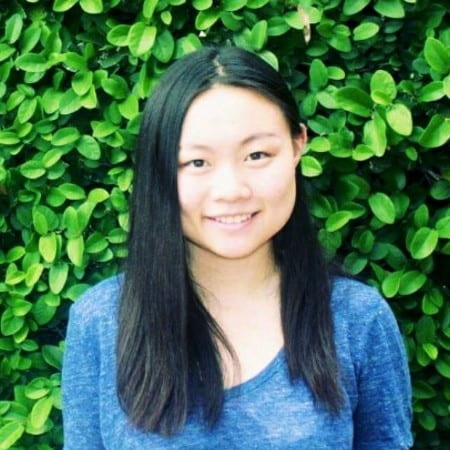
Zhifan Li (BA ’06) is a senior software engineer with Intuit. She is building payroll web applications for customers using their QuickBooks solutions. Li, who discovered her knack for solving problems with software as a freshman in COMP 140, participated in several HackRice teams.Her team’s 2014 Fondren Study Room Finder app prompted the university’s library to update their existing app, modeling improvements after the hackathon project. In 2015, her team’s Peel photo app won the People’s Choice Award. Li also participated in a hackathon with two co-workers while interning at Intuit. Their LAP: Life after Prison app, inspired by a news article about ex-convicts, was designed to help ease the transition of newly-released prisoners back into society.
